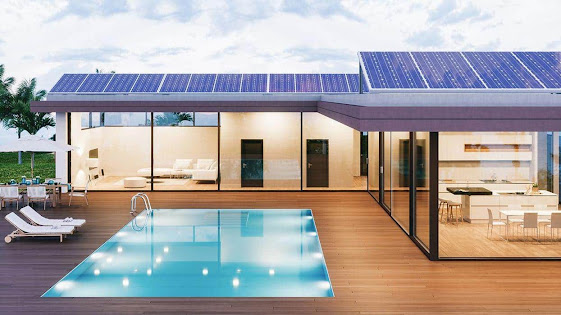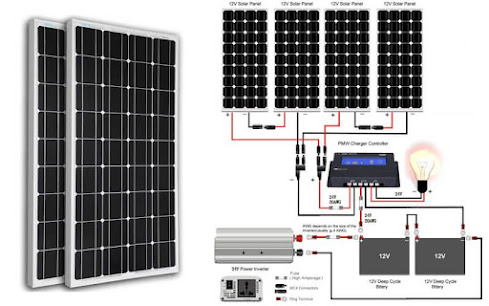What can You Expect from Solar Vacuum Tube Pool Heating System?
Are you looking for a perfect way to stay fresh and cool during summer? Of course, taking a refreshing dip in a pool cools you off during hot days. But if you live in Canada or anywhere in Northern USA, a pool seldom gets hot, and you feel like having enough heat on rare heat wave nights.
However, most pool owners are concerned about heating the pool during colder nights and are looking for an additional heat source like propane or a natural gas heater. But the cost of heating a pool can significantly affect the investment.
Among all pool heating systems, the solar pool heater is considered the most affordable way to heat a pool. It beats the limited applications of traditional solar pool plastic mat heaters. But what are the main limitations of a plastic mat pool heater? Please go through the followings.
- The system gets affected by wind conditions, and it starts losing its heat energy like a radiator.
- Direct sunlight condition is necessary for the system operation.
- The plastic gets badly affected by the chlorine and sunlight, which causes roof leaks and stains.
- The heat pump in the unit moves the water to the roof by using a large additional load.
- The system is only functional when the surrounding temperature is hotter than the pool.
However, the solar evacuated tube pool heating system overcomes these limitations. Earlier, it was very costly. But its demand goes a record high, and as a result, the cost of a vacuum tube collector drops down. So, as a pool owner, you will capitalize on the opportunity to heat the pool by using a much superior heating system. In addition, a solar evacuated tube collector gives you certain advantages, which are discussed below:
- The system works consistently in different wind or temperature conditions without using heat energy.
- Vacuum tubes work even in indirect light conditions like a cloud covering. They will work even after sunset.
- Featuring a stainless steel or titanium heat exchanger prevents the pool water from getting in contact with the solar collector.
- A heat exchanger used in the solar pool heater is a closed loop system. It requires only 20 Watts energy for pumping, which is about ten times less than a pool pump needs to move up water to the roof.
- Solar pool heaters with vacuum tube collectors can deliver heat energy to the pool even during freezing temperatures. It means the outdoor ambient temperature affects little to the system.
Bottom Line –
When investing in a solar pool heater, you must remember that every pool is different. As such, the pool's size and climate will play a significant part in choosing the right solar pool heater. In addition, the larger the system is, the more it requires storage. If you want professional help with solar pool heating system installation, feel free to call Latitude51 Solar at 1 800 317 9054.





Comments
Post a Comment